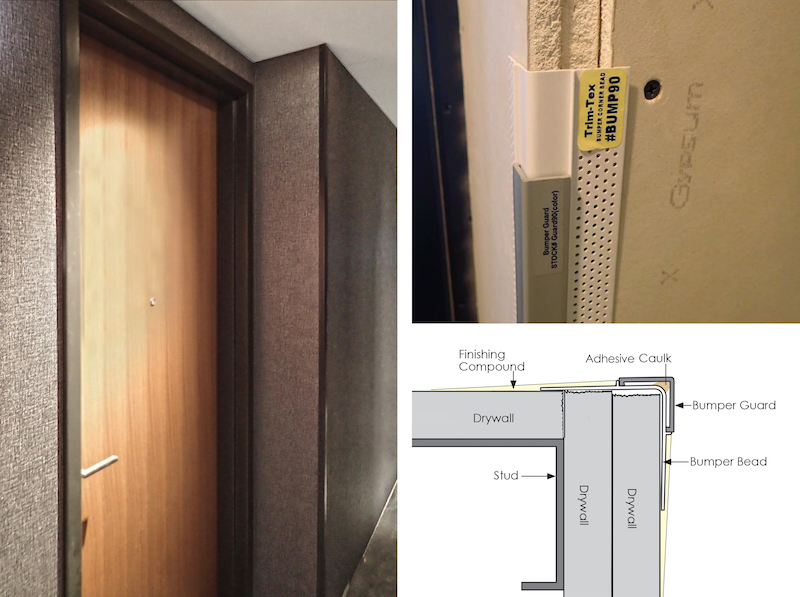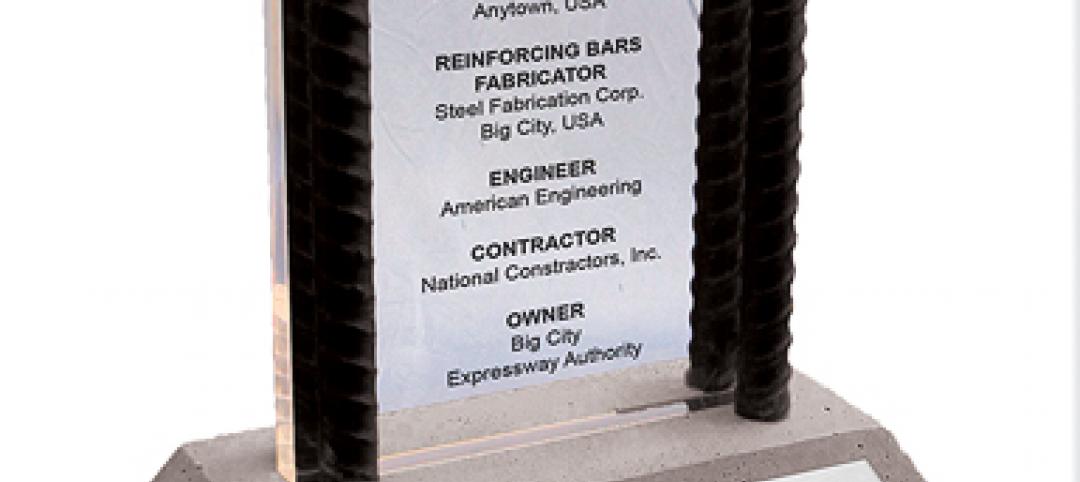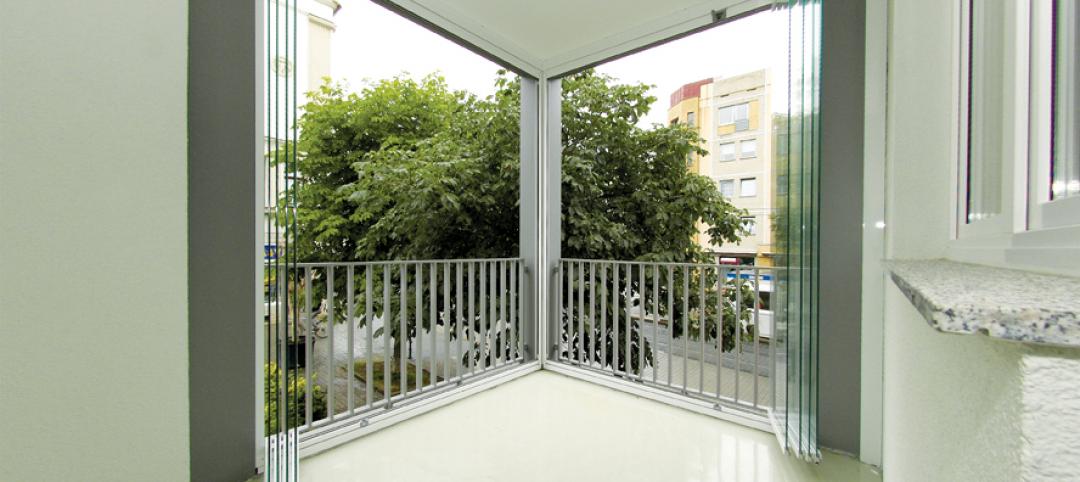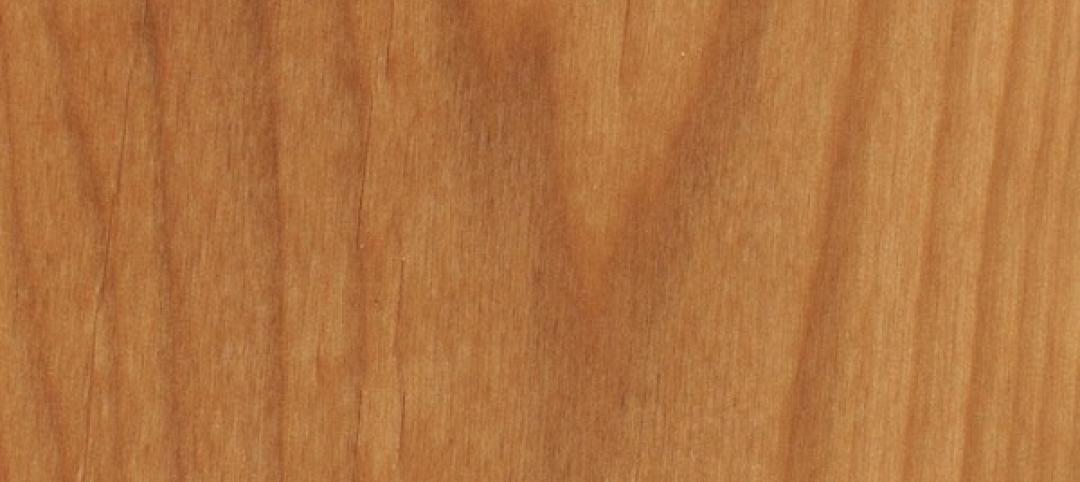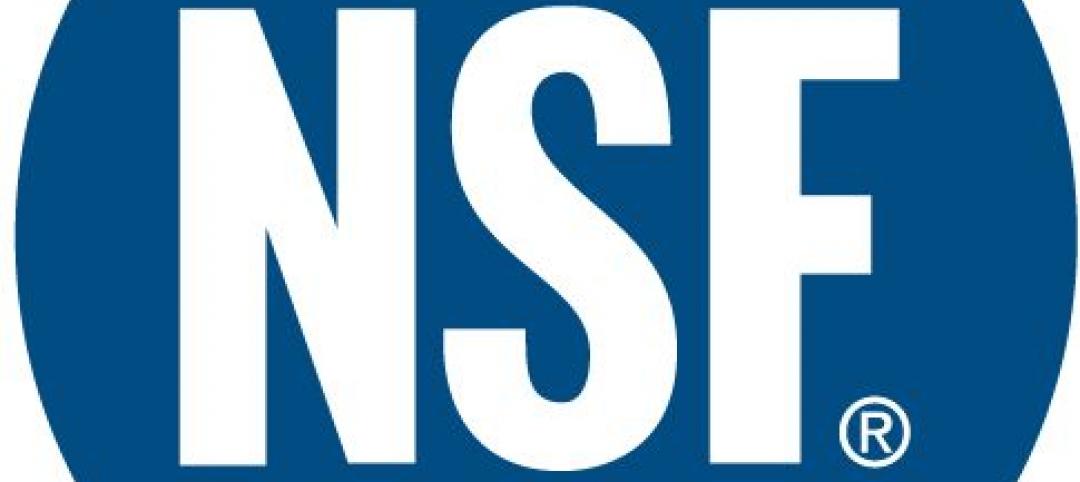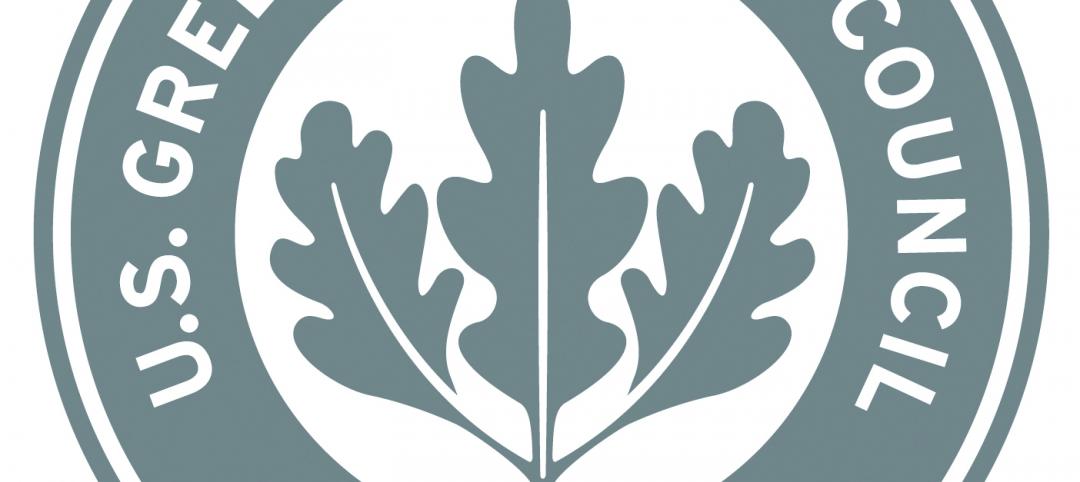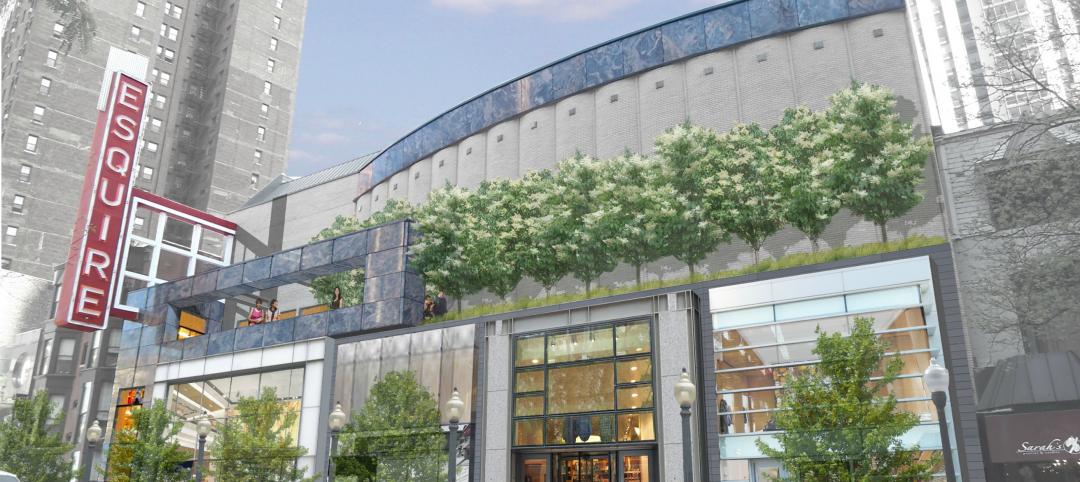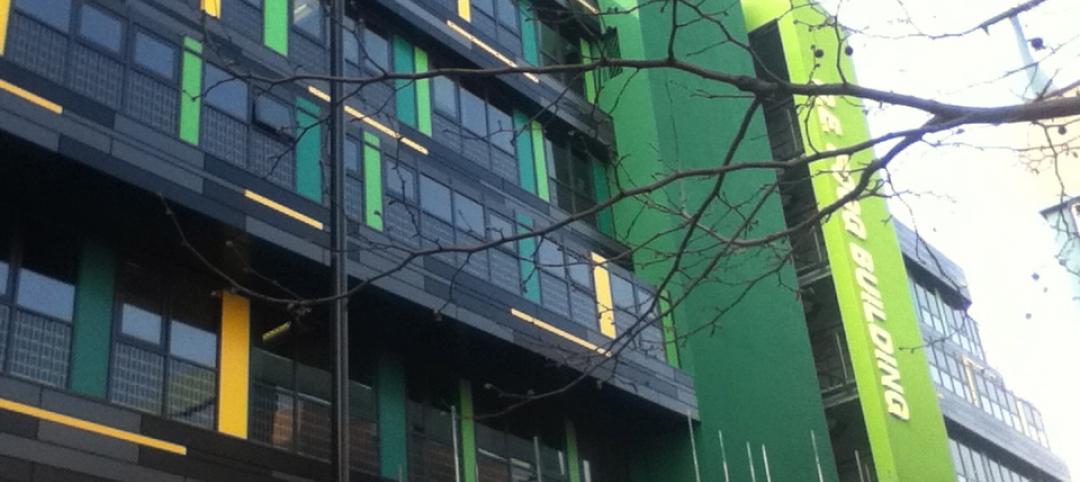When designing a building, architects take great care in defining the space, understanding and optimizing the use of space, and ultimately, creating a design that will be not only eye-catching, but functional. Good design ensures that the space is utilized well and that it will survive for many years to come.
This is why interior finishing is so crucial: good interior finishing adds beauty to the space while also ensuring the construction’s durability. Additionally, investing in good interior finishing will lower long-term cost to the building’s owner and tenants. Interior finishing has a profound effect on a space’s safety and durability.
In this vein, drywall is a popular interior finishing material because of its cost-effectiveness. In addition to being an inexpensive material, it also provides good fire resistance. However, drywall sheets can be fragile, especially at the porous edges. When used in high-traffic spaces (like commercial interiors), or high-energy spaces (like homes with small children), the opportunity for collisions with drywall edges are elevated. Finishing those edges, especially corners, with a durable material makes them resistant to impact and will reduce the cost of repairs during the entire lifetime of the building.
Rigid vinyl finishing is particularly advantageous at providing corner protection. Unlike traditional metal corner protectors, vinyl is flexible enough to spring back to shape after impact– metal can dent permanently, necessitating otherwise avoidable repairs. Vinyl also avoids the corrosion problems inherent with metal corner finishing.
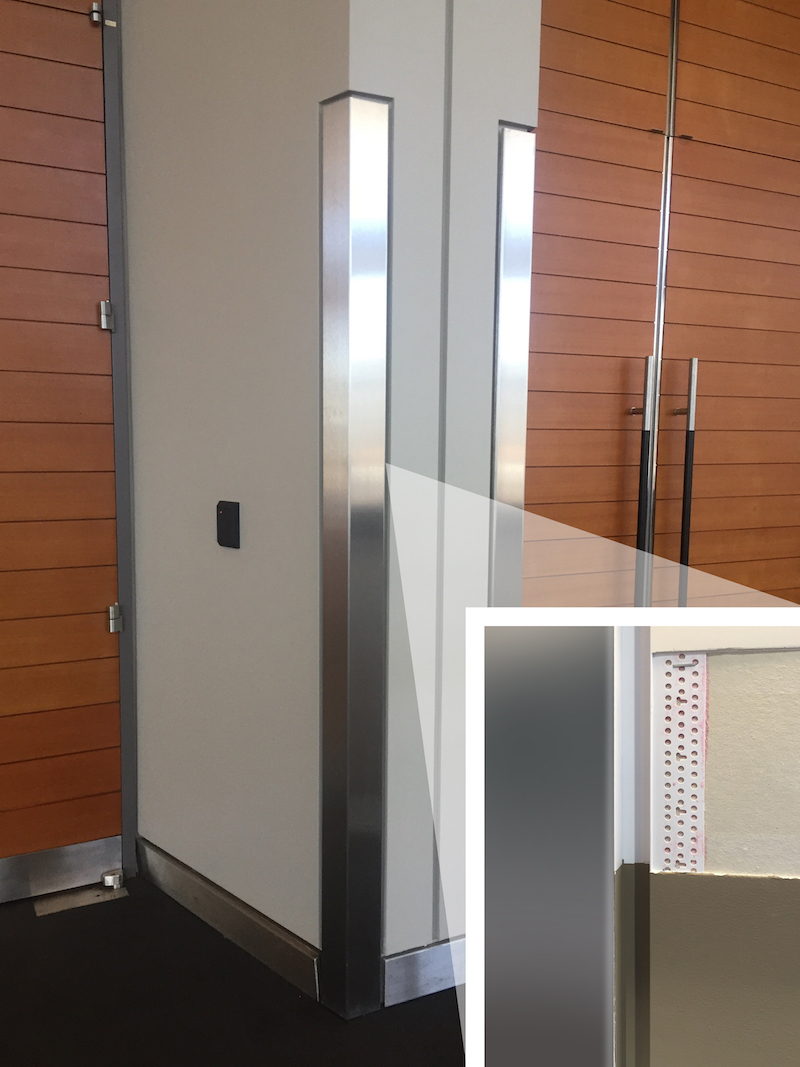 Right detail shows shadow bead installation process with drywall compound and paint. Location, Boston Convention and Exhibition Center.
Right detail shows shadow bead installation process with drywall compound and paint. Location, Boston Convention and Exhibition Center.
Of course, interior finishing is about style as much as function, and fortunately, corner protection products are available in any number of styles. Within these many finishing styles, “flush” corner protection stands out for its appealing modern sensibility. Corner protectors that fit flush allow for particularly crisp, clean lines that create a strong, minimal style.
Some flush corner beads, like Trim-Tex Bumper Bead, allow the integration of protective vinyl corners and wallpaper in a way that feels intentional, pulling the corner protector into the design rather than leaving it to feel like a protective afterthought. Bumper Bead is available in a wide variety of colors, allowing it to be tastefully integrated with any wallpaper or paint color.
The Marriot Marquis hotel in Chicago, IL. chose Bumper Bead to provide corner protection from carts and luggage rolling through the hallways. Additionally, Bumper Bead’s floor to ceiling protection prevents the visual break that traditional corner guards cause when they stop halfway up the wall.
Another method of creating flush corner protection is with the use of a shadow bead. With a second layer of drywall, cut away the drywall from the corner to fit the width of the shadow bead and corner guard. To finish the drywall edge a shadow bead is installed around the edges of the corner guard. Notice how the metal corner guard sits flush with the wall surface, and is outlined by clean, perfectly straight shadows.
Turn an afterthought into a well-intentioned interior finishing statement with flush corner protection.
Related Stories
| Dec 12, 2011
CRSI design awards deadline extended to December 31
The final deadline is extended until December 31st, with judging shortly thereafter at the World of Concrete.
| Dec 10, 2011
10 Great Solutions
The editors of Building Design+Construction present 10 “Great Solutions” that highlight innovative technology and products that can be used to address some of the many problems Building Teams face in their day-to-day work. Readers are encouraged to submit entries for Great Solutions; if we use yours, you’ll receive a $25 gift certificate. Look for more Great Solutions in 2012 at: www.bdcnetwork.com/greatsolutions/2012.
| Dec 10, 2011
Energy performance starts at the building envelope
Rainscreen system installed at the west building expansion of the University of Arizona’s Meinel Optical Sciences Center in Tucson, with its folded glass wall and copper-paneled, breathable cladding over precast concrete.
| Dec 10, 2011
Turning Balconies Outside In
Operable glass balcony glazing systems provide solution to increase usable space in residential and commercial structures.
| Dec 7, 2011
NSF International qualifies first wallcoverings distributor to the New American National Standard for Sustainable Wallcoverings
TRI-KES demonstrates leadership in environmental stewardship as the first distributor to earn qualification.
| Dec 7, 2011
Autodesk agrees to acquire Horizontal Systems
Acquisition extends and accelerates cloud-based BIM solutions for collaboration, data, and lifecycle management.
| Dec 5, 2011
New York and San Francisco receive World Green Building Council's Government Leadership Awards
USGBC commends two U.S. cities for their innovation in green building leadership.
| Dec 5, 2011
Summit Design+Build begins renovation of Chicago’s Esquire Theatre
The 33,000 square foot building will undergo an extensive structural remodel and core & shell build-out changing the building’s use from a movie theater to a high-end retail center.
| Dec 5, 2011
Fraser Brown MacKenna wins Green Gown Award
Working closely with staff at Queen Mary University of London, MEP Engineers Mott MacDonald, Cost Consultants Burnley Wilson Fish and main contractor Charter Construction, we developed a three-fold solution for the sustainable retrofit of the building.


